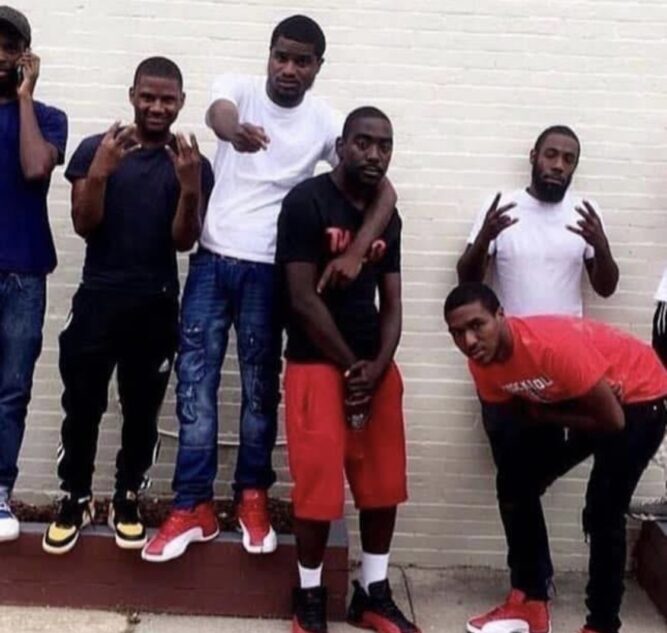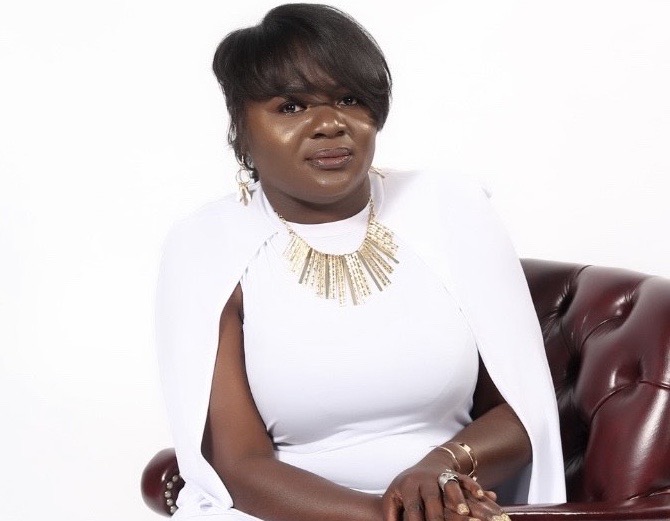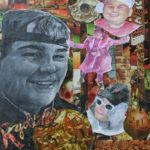
I’m sitting here looking at a picture I haven’t seen in years.
It’s of my son, Niam, and his friends when they were much younger. And when all of them were still alive.
My son was murdered in 2017, and since this picture was taken, three other young men in this picture have been murdered as well. That means only two of these souls out of the six remain. How terrible are those odds?
When I saw it again, not only did my heart drop, but my emotions got the best of me. I cried out, “Why?! Why did this happen? Not just to me and my family but to them and their families.”

These were young men in the early stages of their adulthood life, one who didn’t have a chance to meet his daughter and the others whom had a child, two of them had children over the age of 5. When it comes to my son, his son wouldn’t even remember him.
One of the men posted it on his Facebook recently, and it made me recognize that families get all the attention when someone is taken. But friends suffer, and they are missed in this equation.
“Either two things gonna happen if I don’t get some type help,” he said (I don’t want to share his name). “ima be real ima either hurt someone or ima end up hurting myself I feel it I need some type of help I really do.”
At an instant I pulled the strength to put some things into action for him that may/may not assist him during his crisis, so that emotional decisions are not made to harm himself or others. I contacted Oronde McClain, a fellow with the Philadelphia Center for Gun Violence Reporting who has gone through this himself.
I can recall when my son would be outside most of the day as a teen with his friends. There were times I would be on his back to stay in the house and even put him on punishment because he would be with his friends all of the time. In a way I was protecting him from things he could not see, but also not allowing him to be a teenager if that makes sense. You see when one finds a true friend they bond and share interest. A lot of teens and young people have common interests they share as well as experiences they share. They understand one another. When that friend is no longer here the one living might go through survivor’s remorse, grief, separation anxiety etc. right before everyone’s eyes.
A lot of times the friend will become withdrawn, isolated, crying, mad, angry, upset, no appetite, resorting to drugs or increase drug usage.
When they talk they are always talking about getting back at who killed his/her friend, reminiscing on the past, no interest in working, school, just nothing, or sleeping a lot.
Please get the person some assistance from an organization such as Mothers in Charge, Parents of Murdered Children, Every Murder is Real, to name a few.
Allow the friends to visit your child’s grave site or urn and talk to them, because not only will it help them, it will help you heal as well. A deeper relationship with your child’s friends will create another way to stay close with whoever you have lost.
Kimberly Kamara is the author of “Where’s My Daddy,” a children’s book aimed at kids who’ve lost a parent to murder. The book was inspired by her family’s continuing journey of grief after her son, Niam Johnson-Tate, lost his life to gun violence on July 5, 2017. Kimberly has two daughters and lives in Germantown with her husband.










Leave a Reply